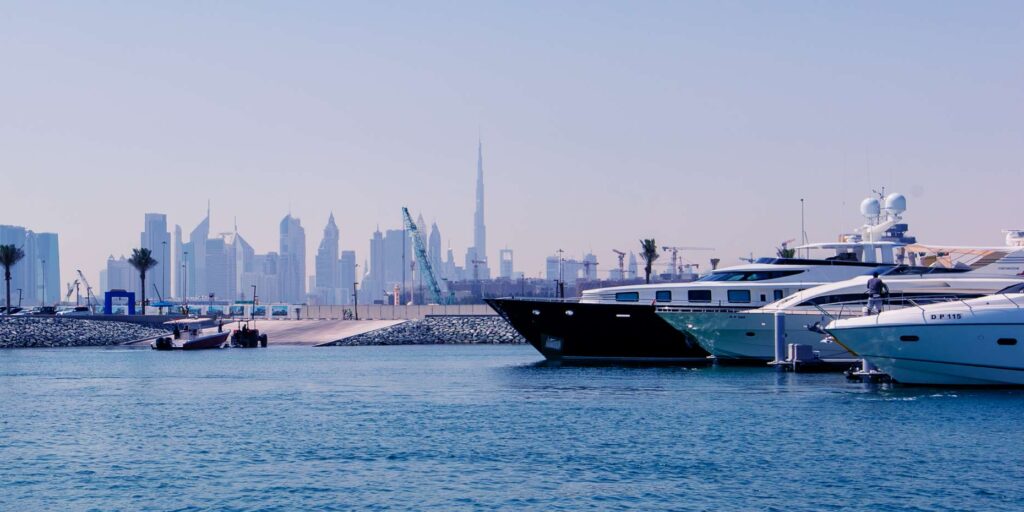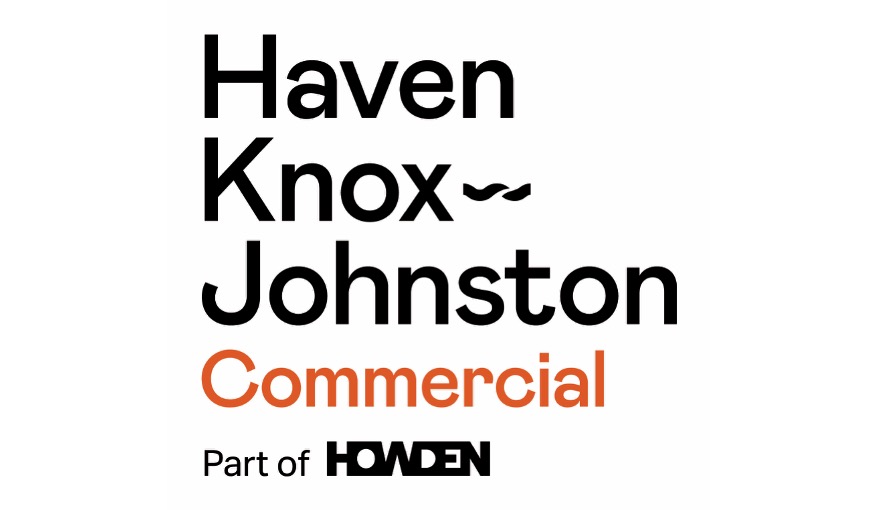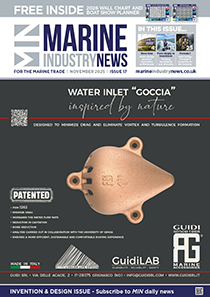ICOMIA podcast: Joe Lynch ICOMIA CEO says global collaboration is key to success
In this episode of ICOMIA”s podcast. CEO Joe Lynch explains the work being done by the International Council of Marine Industry Associations (ICOMIA), focusing on the marine industry’s biggest priorities — from technical standards and sustainability to global collaboration. Lynch shares how ICOMIA is helping stakeholders make better decisions through data, improve their environmental impact, and foster international alignment. Three core themes dominate the conversation: the power of data and market intelligence, the role of life cycle assessment (LCA) in sustainability, and the value of global collaboration.
Lynch highlights that ICOMIA’s annual Statistical Reference Book, affectionately known as the ‘stat book’, is a cornerstone of the organisation’s work. He says the publication provides extensive global data on boat sales, engine distribution, and in-service vessels — all segmented by size and geography. But what sets it apart is not just the numbers — it’s the accompanying editorial insight and expert analysis that turns raw data into actionable intelligence. “If you’re launching a new product or trying to build a marina, understanding the market size, growth trends, and regulatory climate is essential,” says Lynch. This data-driven approach helps industry players justify investments, target markets more accurately, and respond to economic, environmental, or political changes.
ICOMIA, Lynch says, has emerged as a global leader in marine sustainability through its commitment to Life Cycle Assessment (LCA). In late 2023, the organisation published Propelling Our Future — a peer-reviewed report on decarbonising recreational boat propulsion systems. The report doesn’t just compare diesel to electric; it provides clear, data-backed scenarios that factor in usage levels, embedded emissions, and operational footprints. Lynch notes that there is no one-size-fits-all solution — the best choice depends on how a boat is used. For low-hour private owners, sustainable drop-in fuels may be most effective, while high-usage charter operators might benefit more from electric propulsion. The study has already shifted global perceptions, guiding the industry toward practical and impactful sustainability decisions, he says.
Beyond data and technology, ICOMIA’s true power lies in its role as a convener. Lynch shares how international partnerships — with the European Boating Industry (EBI) and the National Marine Manufacturers Association (NMMA), among others — have led to a globally unified sustainability strategy. Events like the ICOMIA Congress and the World Marinas Conference serve as forums for knowledge-sharing across borders. “You can have someone in Croatia solve a problem that a marina in New Zealand is still struggling with,” Lynch says. These aren’t sales expos — they’re opportunities for marine professionals to share expertise and align on standards. By fostering these global conversations, ICOMIA believes it is helping the industry reduce fragmentation and speak a common language, especially when it comes to environmental responsibility.
This article was updated on 25 September to provide more context.












